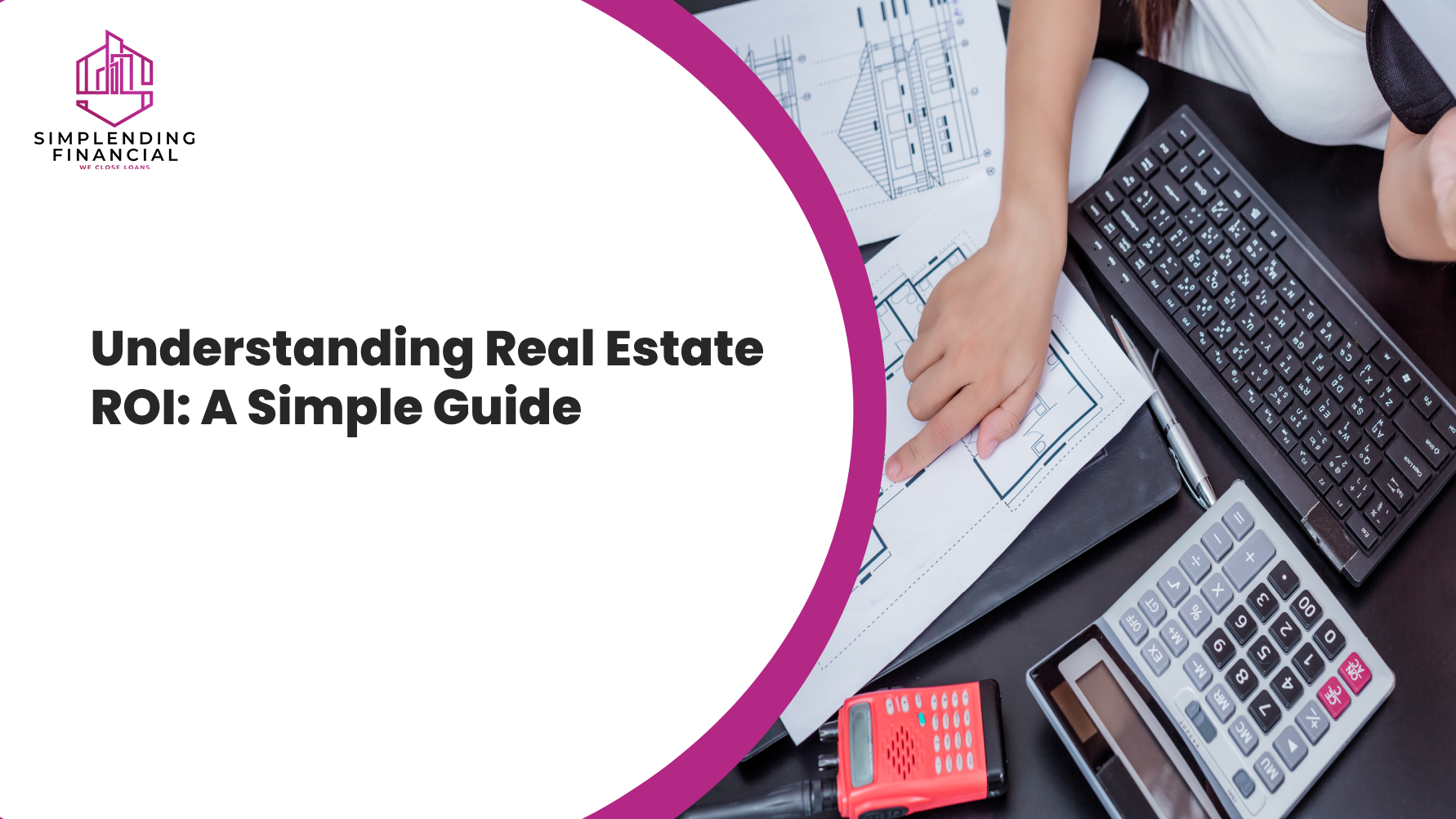Understanding Real Estate ROI: A Simple Guide
Real estate investment can be a profitable venture, but figuring out how to calculate Return on Investment (ROI) is crucial for making smart decisions. In this article, we'll break down ROI in real estate, discuss what influences it, and share practical tips for getting the most out of your investments.
What is ROI in Real Estate?
Return on Investment (ROI) serves as a compass, guiding investors through the profitability of an investment concerning its costs. It's not merely a number;it's a strategic tool empowering investors to evaluate asset efficiency by measuring returns against the initial investment.
Importance of ROI in Real Estate
ROI is a big deal in real estate. It's not just about numbers; it's a strategy. Investors rely on ROI to make decisions about buying, selling, or keeping properties. It helps them compare different investment opportunities, making it easier to decide where to put their money. Essentially, ROI is like a map that guides investors, helping them find the paths that lead to profitable returns and making sure each investment is a step towards financial success.
Calculating Real Estate ROI
The heart of ROI is in its calculation. Let's look at the basic ROI formula and see how looking closely at costs and returns can give you a full picture of your investment.
ROI Formula
ROI = (Current Value - Initial Cost / Initial Cost) × 100
Strategies for Maximizing Real Estate ROI
-
Property Selection:
Conduct thorough market research to identify areas with growth potential.
Consider factors such as location, amenities, and future development plans.
Evaluate the property's historical performance and potential for appreciation.
- Financial Analysis:
Scrutinize all costs associated with the investment, including acquisition, maintenance, and potential renovations.
Conduct a detailed analysis of potential returns, factoring in rental income and potential resale value.
-
Risk Management:
Identify and assess potential risks associated with the chosen property and the broader market.
Implement risk mitigation strategies, such as diversification or insurance, to safeguard against unforeseen challenges.
-
Renovation Strategies:
Strategically plan and execute renovations that enhance the property's value.
Consider cost-effective improvements that align with market demands and tenant preferences.
-
Optimizing Rental Income:
-
Exit Strategies:
As you navigate the real estate investment journey, remember that understanding Return on Investment (ROI) is more than just numbers – it's like having a helpful friend guiding your decisions to make more money.
Curious or in need of guidance? Our devoted team is here to ensure your journey through real estate investment is a resounding success. Don't hesitate to reach out to the Simplending Financial team by phone at 713-321-0201 or through email at info@simplendingfinancial.com. Your success in the realm of real estate is our priority!
FAQs
Q: What is Return on Investment (ROI)?
Return on Investment, or ROI, is a measure that helps you understand the profitability of an investment relative to its cost. It's calculated by dividing the net gain or loss from the investment by the initial cost and expressing it as a percentage.
Q: Why is ROI important for investors?
ROI is crucial for investors because it provides a clear picture of how efficiently their investments are performing. It helps in comparing different investment opportunities, making informed decisions, and ensuring that financial resources are allocated wisely.
Q: How do I calculate ROI for a real estate investment?
To calculate ROI for real estate, subtract the cost of the investment from its current value, then divide that result by the initial cost. Finally, multiply the outcome by 100 to express it as a percentage. The formula is (Current Value - Initial Cost) / Initial Cost * 100.
Q: What factors can influence the ROI of an investment?
Several factors can impact ROI, including economic conditions, market trends, property location, and any additional costs associated with the investment. Being aware of these factors helps investors make more accurate projections.
Q: Can ROI be negative, and what does it signify?
Yes, ROI can be negative. A negative ROI indicates that the investment has not generated a profit, and there's a loss relative to the initial cost. Investors should carefully assess negative ROI scenarios to understand the reasons behind the loss and make informed decisions about the investment's future.


